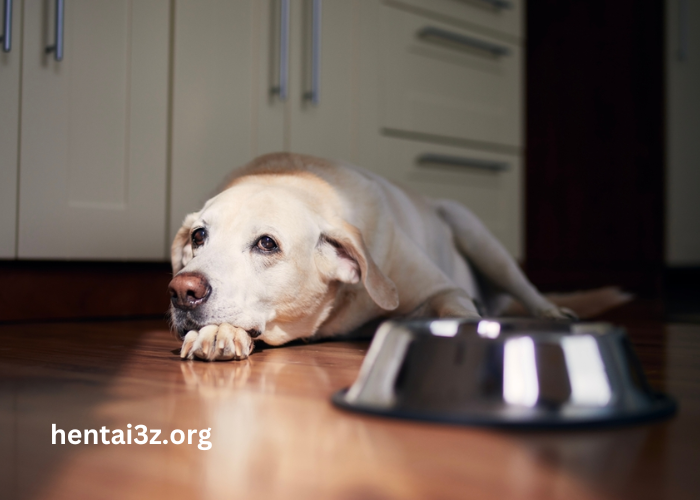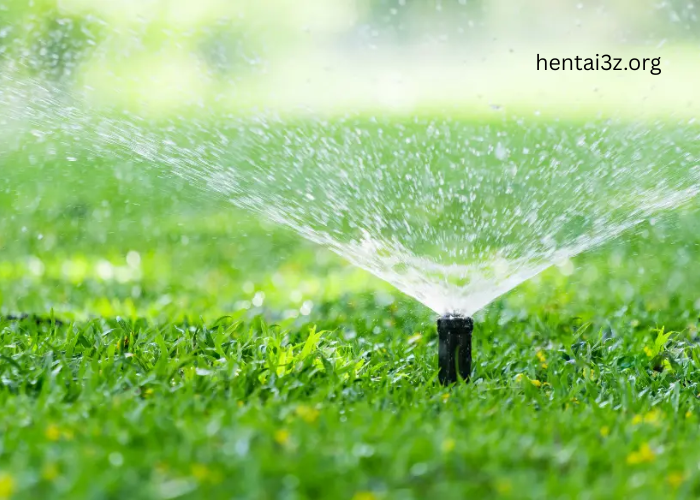Juicyneko, often referred to as an exotic or rare breed of pet cat, requires special attention to ensure their health and well-being. Understanding the signs that indicate when your Juicyneko might need veterinary care is crucial for maintaining their health and happiness. This article outlines eight critical signs that your Juicyneko needs veterinary attention, helping you recognize when it’s time to consult a professional.
Changes in Appetite
Increased or Decreased Appetite
One of the first indicators that your Juicyneko might need veterinary care is a noticeable change in appetite. A sudden increase or decrease in food intake can signal underlying health issues. If your cat is eating significantly more or less than usual, it could be a sign of conditions such as diabetes, thyroid problems, or gastrointestinal disorders.
Why It Matters
Monitoring your Juicyneko’s eating habits is essential. Consistent changes in appetite can lead to nutritional imbalances and exacerbate existing health problems. If you notice such changes, it’s best to consult your veterinarian to rule out serious conditions.
Unusual Weight Loss or Gain
Tracking Weight Changes
Sudden or unexplained weight loss or gain in your Juicyneko can be a red flag. Weight loss might indicate conditions such as cancer, chronic kidney disease, or hyperthyroidism, while weight gain could signal obesity, diabetes, or hormonal imbalances.
Importance of Regular Weigh-Ins
Regular weight checks are essential to monitor your Juicyneko’s health. If you observe significant fluctuations in their weight, seek veterinary advice to identify and address the underlying cause.
Excessive Thirst or Urination
Recognizing the Symptoms
Increased thirst and urination can indicate several health issues, including diabetes, kidney disease, or urinary tract infections. If your Juicyneko is drinking more water than usual and urinating frequently, it’s important to consult with a vet for a proper diagnosis.
Potential Causes
Excessive thirst and urination can lead to dehydration and other complications if left untreated. Identifying the root cause with the help of a veterinarian is crucial for effective treatment.
Vomiting and Diarrhea
Understanding Gastrointestinal Distress
Frequent vomiting and diarrhea in your Juicyneko can be signs of gastrointestinal problems, such as infections, parasites, or food allergies. While occasional vomiting or diarrhea might not be alarming, persistent symptoms warrant a veterinary visit.
Risks of Dehydration
Chronic vomiting and diarrhea can lead to dehydration and nutritional deficiencies. Timely veterinary care can prevent these issues and ensure your Juicyneko’s well-being.
Difficulty Breathing or Coughing
Identifying Respiratory Issues
If your Juicyneko is exhibiting difficulty breathing, coughing, or wheezing, it may be suffering from respiratory issues such as asthma, pneumonia, or heart disease. These symptoms require immediate veterinary attention to prevent severe complications.
Monitoring Breathing Patterns
Observing your cat’s breathing patterns and noting any irregularities can help your vet diagnose and treat respiratory conditions effectively. Early intervention is key to managing these issues.
Changes in Behavior
Behavioral Shifts
Sudden changes in behavior, such as increased aggression, withdrawal, or excessive hiding, can indicate that your Juicyneko is experiencing discomfort or pain. Behavioral changes often accompany underlying health problems and should not be ignored.
Importance of Observation
Paying attention to your Juicyneko’s behavior and noting any unusual patterns can provide valuable insights into their health. A veterinarian can help determine if these changes are linked to medical conditions.
Skin and Coat Issues
Identifying Dermatological Problems
Skin and coat issues, such as excessive shedding, bald patches, or unusual lumps, can signal dermatological conditions or systemic health problems. Regular grooming and inspections can help detect these issues early.
Seeking Professional Advice
If you notice significant changes in your Juicyneko’s skin or coat, it’s important to seek veterinary care. Dermatological problems can be symptomatic of allergies, infections, or other health issues.
Persistent Lethargy or Weakness
Recognizing Low Energy Levels
Lethargy or persistent weakness in your Juicyneko can indicate a range of health issues, from infections and anemia to chronic diseases. If your cat seems unusually tired or lacks energy, a vet visit is necessary to diagnose the problem.
Importance of Prompt Attention
Addressing lethargy or weakness early can prevent further health deterioration. Your veterinarian can conduct a thorough examination to determine the cause and recommend appropriate treatment.
Understanding Preventive Care
Importance of Regular Check-Ups
Routine veterinary check-ups are essential for maintaining your Juicyneko’s health. Regular visits allow for early detection of potential issues and preventive measures to keep your cat in optimal condition.
Recommended Health Screenings
During check-ups, your veterinarian may recommend screenings for common health conditions and vaccinations to protect your Juicyneko from preventable diseases.
Providing a Healthy Environment
Creating a Safe Living Space
A healthy living environment contributes significantly to your Juicyneko’s overall well-being. Ensure your home is clean, safe, and free from hazards that could impact your cat’s health.
Importance of a Balanced Diet
Providing a balanced diet tailored to your Juicyneko’s specific needs is crucial for their health. Consult with your vet to choose appropriate food and supplements for optimal nutrition.
Recognizing Signs of Pain
Identifying Pain Indicators
Your Juicyneko may exhibit signs of pain through changes in posture, grooming habits, or vocalizations. Understanding these indicators can help you seek timely veterinary care.
Importance of Pain Management
Effective pain management is essential for your Juicyneko’s comfort and quality of life. A veterinarian can help diagnose the cause of pain and recommend appropriate treatments.
Ensuring Proper Hydration
Importance of Hydration
Proper hydration is vital for your Juicyneko’s health, as dehydration can lead to serious complications. Ensure your cat has access to fresh water at all times.
Recognizing Dehydration Signs
Signs of dehydration include dry gums, sunken eyes, and lethargy. If you suspect your Juicyneko is dehydrated, seek veterinary care immediately.
Addressing Dental Health
Importance of Dental Care
Dental health is often overlooked but crucial for your Juicyneko’s overall health. Dental issues can lead to infections and affect other organs.
Regular Dental Check-Ups
Regular dental check-ups and cleanings can prevent dental problems and ensure your Juicyneko’s oral health is maintained. Consult with your vet for dental care recommendations.
Conclusion
Monitoring your Juicyneko for the signs mentioned above is essential for ensuring their health and well-being. Early detection and intervention can make a significant difference in managing health issues and providing the best care for your pet.
Regular veterinary check-ups, a healthy environment, and prompt attention to any concerning symptoms are key to keeping your Juicyneko happy and healthy. By staying vigilant and proactive, you can help ensure your furry friend enjoys a long and healthy life.




